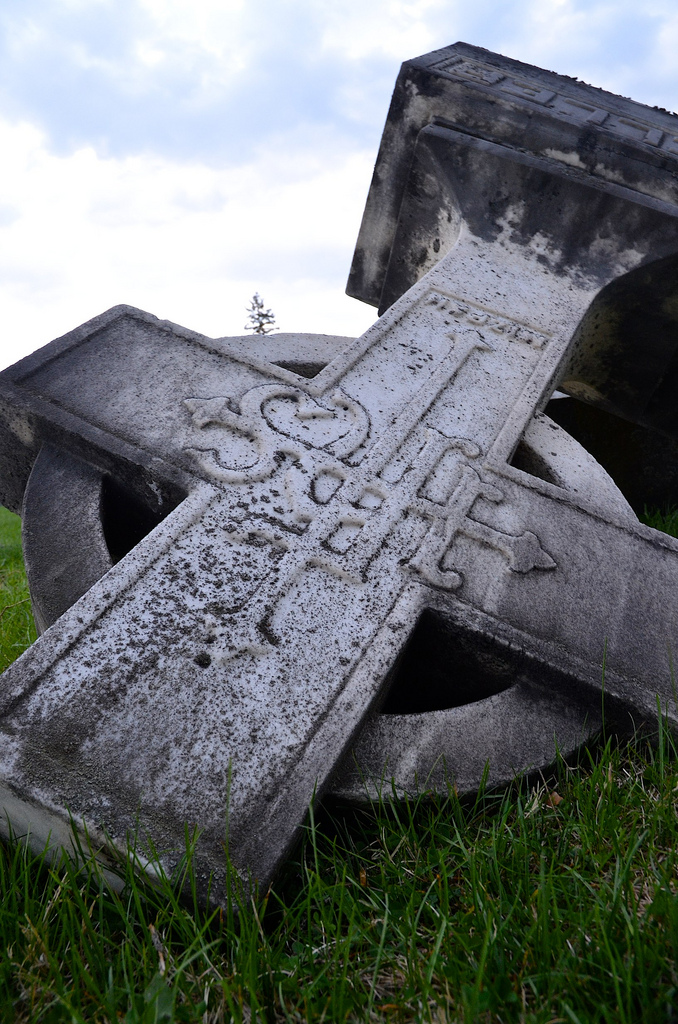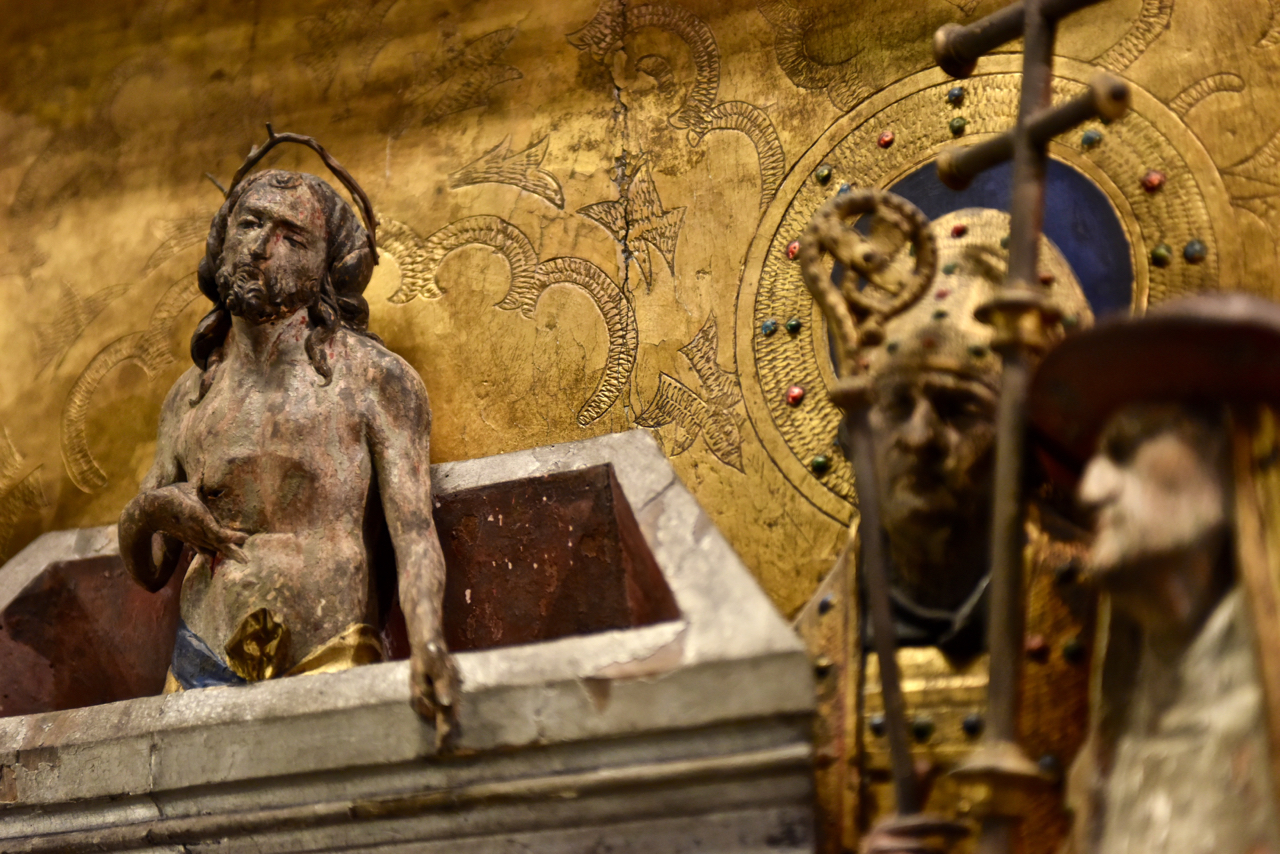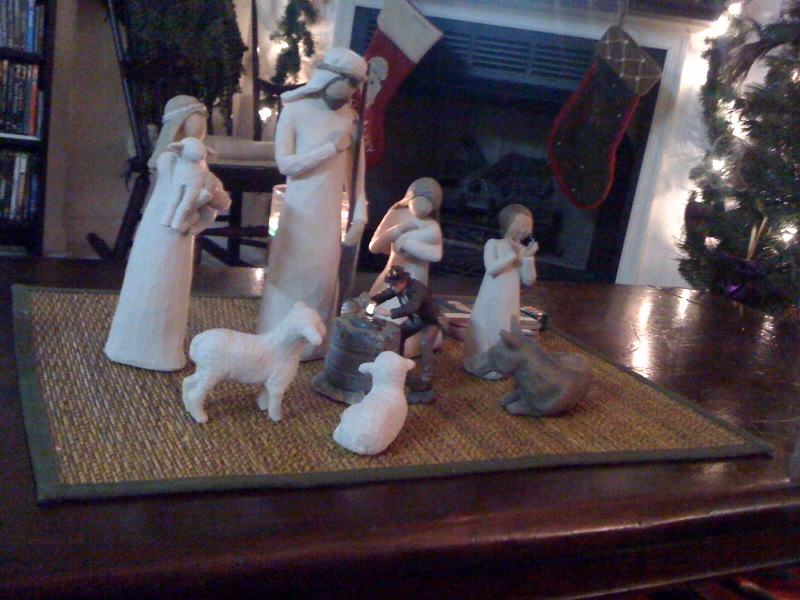The situation in our country right now demands that we reexamine our beliefs, convictions, and commitments. The sad reality, of course, is that this situation of hatred, racism, and inequality has always been present and should always have driven us to such reflection. Now, it should be unavoidable for everyone, especially Christians. Where do I find myself now? What does it mean for me not simply to have the given name “Christian” but to be a Christian?
“What about my rights?”
Let’s begin with what personal “rights” a Christian should be concerned with for themselves. So much debate in our country is about our “rights,” but which ones? The right to bear arms or the right to go birdwatching without the police being called on you? The right to run my business however I see fit, or the right to be served in a restaurant regardless of my ethnicity? Don’t get me wrong, we should support the freedoms and civil rights of all people, but I want to pose a different question. As a Christian, what “right” should I hold for myself?

If we look to the example of Jesus, then the only right that we should assert is the right to give up ourselves (and our rights) so that others might live. Jesus was, arguably, most “privileged” person of all. He is God. Yet he took on all the nature of humanity, hunger, suffering, sorrow, and death, and came into this world in order to give up his life so that everyone might live fully and eternally. While we cannot provide salvation to the world, Jesus taught us that such self-sacrifice was the hallmark of all who would follow him.
“This is my commandment, that you love one another as I have loved you. No one has greater love than this, to lay down one’s life for one’s friends. You are my friends if you do what I command you. I am giving you these commands so that you may love one another.” (John 15:12-14, 17)
It is a commandment. From Jesus. There are no qualifications on the command that we love one another. There are no racial, ethic, geographic, economic, religious, or cultural boundaries. If we love one another, then everyone in the world is our friend, all are our neighbors, and to love one another means to be willing to give up ourselves for one another. So, I must ask myself, what am I, in my position of privilege, giving up for others? Anything? And what am I fighting to keep? “My right to…” to do what? If it is anything other than to love another person by providing them with what they need most, then it is not a “right” worth keeping. If I call myself a Christian, then I must be willing to let go of it all. And if we each were to do that, to give up our rights so that others might have theirs, then perhaps no one would have to give up anything. Anything, that is, other than our prejudices, selfishness, and ego.
“Kingdoms rise and kingdoms fall, but you go on.”
So many of our debates, confrontations, and bitterness are about government and governance, but as a Christian I am not to be swayed or consumed by the way this world. Our calling is to do the will of God. Again, this is not only the clear teaching of Scripture (for example, Rom. 12:2 and 1 John 2:15-17), it is the example that Jesus himself gave. He did not espouse any particular form of governance other than obedience to God. Or consider the earliest Law given to the Israelites, where they were not to have any king or ruler but God, who would raise up “a prophet like Moses,” as needed. Israel was given a king as a compromise to human shortcomings. All government is compromise.
It is also important to remember that Jesus did not fight against nor did he seek to establish any particular form of government. He grew up under an oppressive imperial society with a strong clergy leadership. In that context, when so many plotted and fought to overthrow Roman rule, Jesus did not. He affirmed the Law that said we are to love our neighbor as ourselves and then taught us that our neighbor was anyone, anywhere who was in need. There is no room for racism in such teaching. Jesus taught as the prophets did, that the Day of the Lord’s judgement was coming upon those who stole from the poor and ignored the needy. He also taught us that in the Kingdom of God all tears will turn to joy and mourning will turn into dancing as God’s justice is done on earth as it is in Heaven.
There is no doubt that at sometimes and in some places, some forms of government have been better than others. The hallmark of that greatness has been the justice and mercy for all people in their community. The Kingdom of God on earth has flourished even (and perhaps especially) under the most oppressive of human governments. This past Sunday we celebrated Pentecost when we acknowledge that God remains present and working in this world through the Church by his Holy Spirit. The Spirit of God does not care whether we live under communism, socialism, a monarchy, or democracy. God’s spirit moves and is always at work, especially through those who confess his name and seek to follow his commandments.
I am not called to be a Republican or a Democrat or a Royalist or a Socialist. I am called to be a follower of Christ. I am called to be a Christian.
If I call myself a Christian, it means that I will follow Christ and obey his commands, no matter what my culture or community says.
If I call myself a Christian, then my calling is to show all the world and be to all the world the love that God has for us, a love that exists no matter the society or government I live in.
If I call myself a Christian, I will follow the Law and Prophets that Jesus cited and ensure that the “widow, the orphan, and the stranger in our midst” is taken care of, fed, housed, and clothed. Whether that happens through a government program, the Salvation Army, or our local parish is purely a practical matter. If I call myself a Christian, my love is for my neighbor, not a system or process.
If I call myself a Christian, I will work to ensure that all people are given the respect they deserve because we are all created in the image of the Living God. A person’s race, ethnicity, economic or social status will have no bearing on the love that I show them. When I am angry or dismissive of another, when I think less of someone, when I disregard someone else, I am disregarding and dismissing God because we are all the reflection and image of God. Jesus said that we should not even call someone a “fool.” I cannot say that I have been faithful in following this command. But if I call myself a Christian, then I will strive to love everyone as God loves them, giving up my rights so that they will have theirs.
If I call myself a Christian, I will reject racism, hatred, greed, and work for God’s justice, not the justice of humanity. God’s justice brings down those who trample the poor, while lifting up those who are helpless, hopeless, and in need. God’s justice is a flood (Amos 5:24), but it is the water that cleanses, excoriating the filth, while bringing waters of irrigation, the ever-flowing stream of life, sustenance, and renewal.
If I call myself a Christian, I will confess my sins and the sins of my community. In confessing, I acknowledge my guilt, my need of God’s forgiveness, and I commit to following the will of God.
And may the grace of God transform our hearts and minds. Amen.






One thought on “If I am a Christian… Rights, Government, and the Will of God”